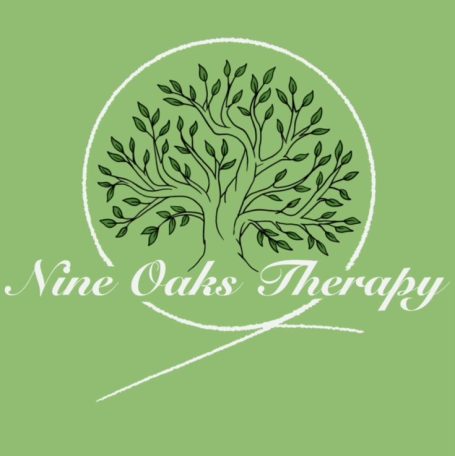Obsessive-Compulsive Disorder
What is OCD?
Obsessive-Compulsive Disorder (OCD) is a chronic mental health condition characterised by unwanted, intrusive thoughts (obsessions) and repetitive behaviours or mental acts (compulsions) performed to alleviate the distress caused by these thoughts.
Obsessions:
Obsessions are persistent, anxiety-provoking thoughts, images, or urges. Common obsessions include:
- Fear of contamination by germs or dirt.
- Fear of causing harm to oneself or others.
- Need for symmetry or exactness.
- Persistent doubts about safety or accuracy.
- Intrusive taboo thoughts involving religion, sex, or violence.
Compulsions:
Compulsions are repetitive behaviours or mental acts aimed at reducing the anxiety associated with obsessions. Common compulsions include:
- Excessive cleaning and handwashing.
- Repeated checking of locks, appliances, or other items.
- Counting or arranging items in a specific way.
- Repeating words, phrases, or prayers silently.
OCD can significantly impact daily life, causing difficulties at work, school, and in relationships. Despite recognising their behaviours as irrational, individuals with OCD often feel powerless to stop them.
Understanding OCD is crucial for effective treatment and management. With the right support and therapy, individuals can learn to manage symptoms and improve their quality of life.
How CBT Can Treat OCD?
Cognitive Behavioural Therapy (CBT) is a highly effective treatment for OCD. It helps individuals identify and change the negative thoughts and behaviours that fuel their obsessions and compulsions.
One key component of CBT for OCD is Exposure and Response Prevention (ERP). ERP involves gradually exposing individuals to their feared situations or thoughts without performing their usual compulsive behaviours. This process helps reduce the anxiety associated with obsessions and weakens the link between obsessions and compulsions over time.
CBT also helps individuals challenge and reframe distorted beliefs related to their obsessions, promoting more balanced and rational thinking. By breaking the cycle of obsessions and compulsions, CBT enables individuals to manage their symptoms more effectively, reduce anxiety, and improve their quality of life. Typically, CBT for OCD involves a series of structured sessions with a trained therapist, tailored to the individual's specific needs and goals. Through this evidence-based approach, individuals can gain control over their OCD and work towards a more balanced and fulfilling life.
We need your consent to load the translations
We use a third-party service to translate the website content that may collect data about your activity. Please review the details in the privacy policy and accept the service to view the translations.

